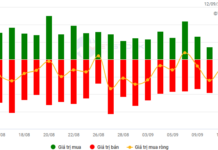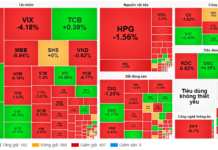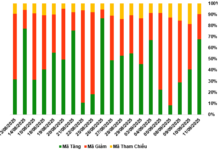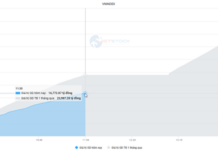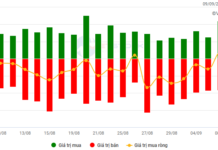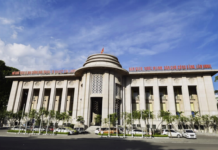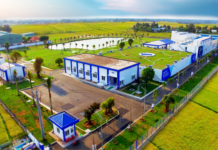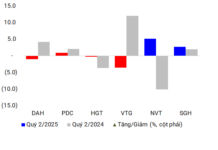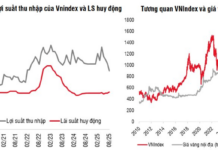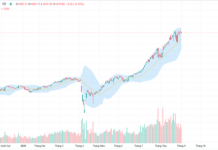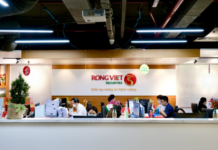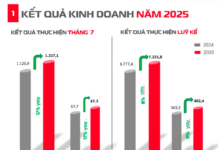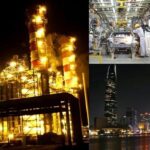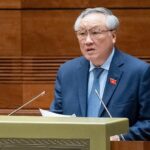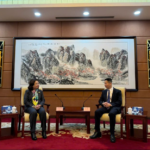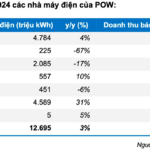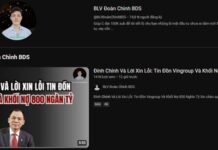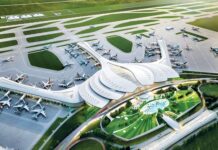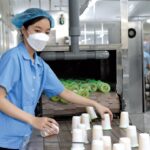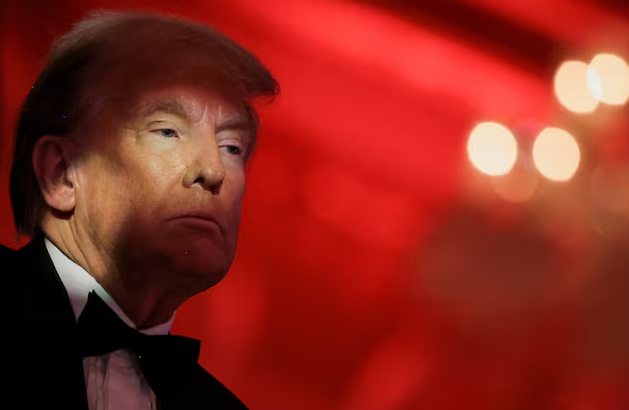
President-elect Donald Trump
|
President-elect Donald Trump has unveiled plans to impose heavy tariffs on imported goods to reduce the federal deficit, lower food prices, and create more domestic jobs. During his campaign rally in Savannah, Georgia, he declared, “You will see a flood of production coming back from China to Pennsylvania, from South Korea to North Carolina, and from Germany right here to Georgia.”
However, reshoring production is unlikely to happen, at least not on the scale and speed Trump envisions. Instead, one country is expected to be the main beneficiary of Trump’s policies: Vietnam.
“If products used to be made in China, they will now be made in Vietnam,” said Jason Miller, a professor of supply chain management at Michigan State University, to Forbes. “Production will not return to the US.”
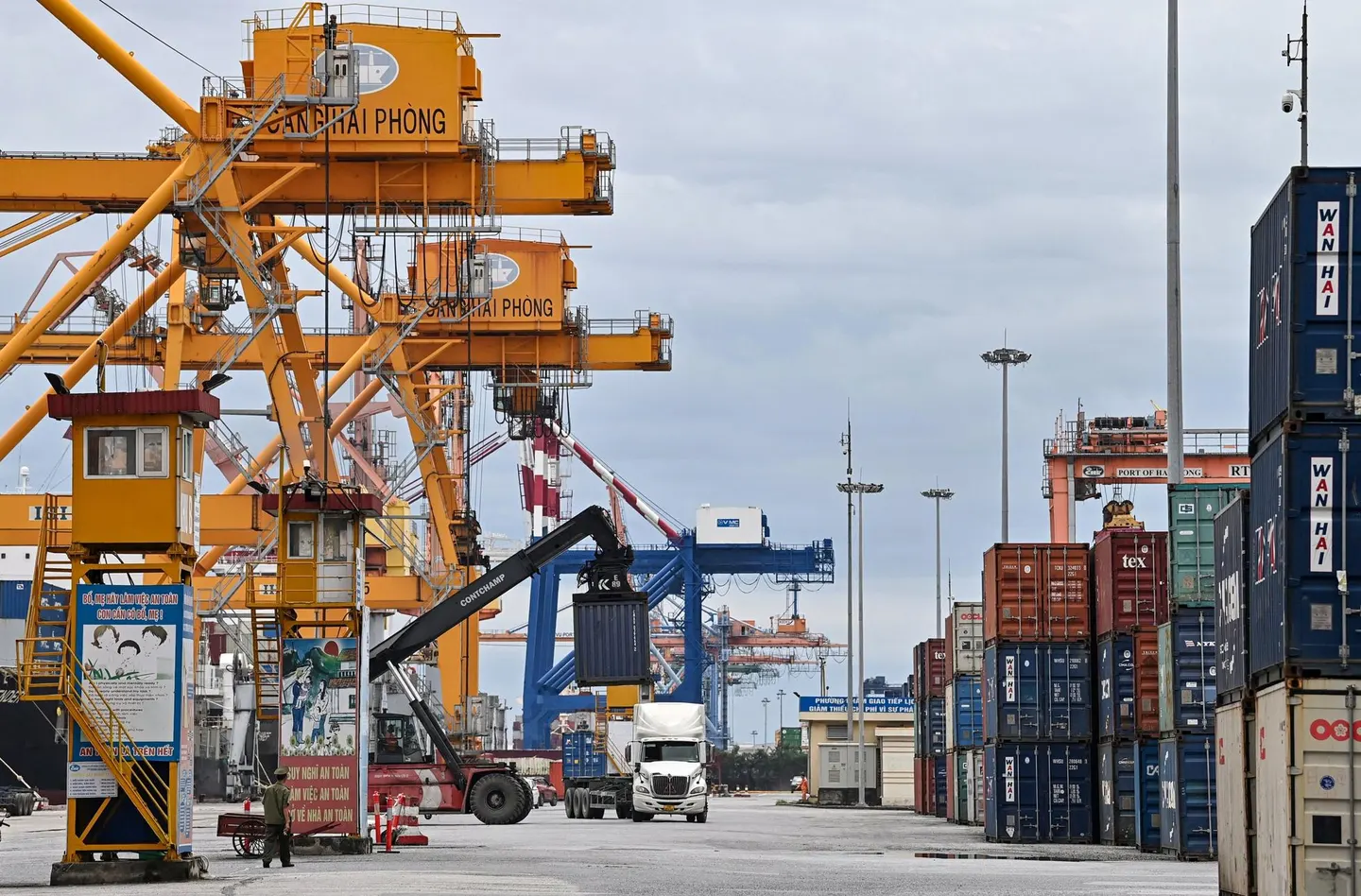
During Trump’s previous term, large foreign corporations like Apple, Foxconn, and Intel started shifting their focus to Vietnam to diversify their manufacturing portfolios. Recently, SpaceX announced a $1.5 billion investment in the country. Even The Trump Organization is investing in Vietnam, with a recently announced $1.5 billion luxury real estate deal.
Vietnam now has several advantages over its regional competitors, such as India. First is its agility and quickness in formulating business-friendly policies. Additionally, the country is geographically well-positioned, with three of its ports ranking among the world’s 50 busiest, and it is situated right next to China, facilitating trade and logistics between the two nations. Notably, Vietnam is also the only country in the region, besides Singapore, that has a free trade agreement with the European Union (EU).
Vietnam is rapidly improving its infrastructure to support large-scale projects. A recent decree allows companies to purchase green energy directly from solar power producers instead of going through the state-owned electricity company. This move has been enthusiastically supported by Apple, Samsung—the largest foreign investor in Vietnam—and the US Embassy in Hanoi.
In recent months, Trump has repeatedly emphasized his desire to boost US manufacturing and increase the cost of importing goods produced overseas. He has specifically targeted Mexico and China, stating that he will impose tariffs ranging from 25% to 100% on products manufactured south of the border. Previously, he announced a 60% tariff on goods made in China, while any goods produced abroad—including in Vietnam—would be subject to a blanket tariff of up to 20%. However, Vietnam still has a significant opportunity.
“Vietnam can succeed moderately or spectacularly depending on how it facilitates the inflow of foreign direct investment (FDI),” said Tran Anh Ngoc, a management professor at Indiana University and former advisor to the Vietnamese Prime Minister, to Forbes.
Ngoc is currently drafting a proposal on how Vietnam can take advantage of these new stringent trade regulations. Vietnam aims to become a high-income developed country by 2045 through massive foreign investment. Ngoc’s top priority is attracting multinational corporations—businesses that will bring along their entire ecosystem of suppliers to Vietnam—while focusing on developing high-value manufacturing industries.
“Vietnam should prioritize companies that will bring other companies to Vietnam,” he said. “If you bring in Apple, many other suppliers will want to be close to Apple—companies that allow Vietnam to move into higher-tech areas. Instead of footwear and textiles, Vietnam should aim for biotechnology, AI, and semiconductors.”
This would be a significant shift for Vietnam, which has built its reputation as a Southeast Asian manufacturing powerhouse since the 1990s, particularly in the footwear and textile industries for multinational corporations like Nike and Adidas.
In the 2000s, major electronics companies began moving out of China to take advantage of Vietnam’s lower labor costs and favorable trade agreements. Samsung opened its first manufacturing facility in 2008, and other multinational giants like LG and Intel quickly followed suit. This wave of billion-dollar deals prompted smaller suppliers to establish their production bases in the country.
As a result, Vietnam’s trade deficit with the US has tripled since 2004. According to the US Census Bureau, Vietnam now has the fourth-largest trade deficit with the US, after China, Mexico, and the European Union (EU).
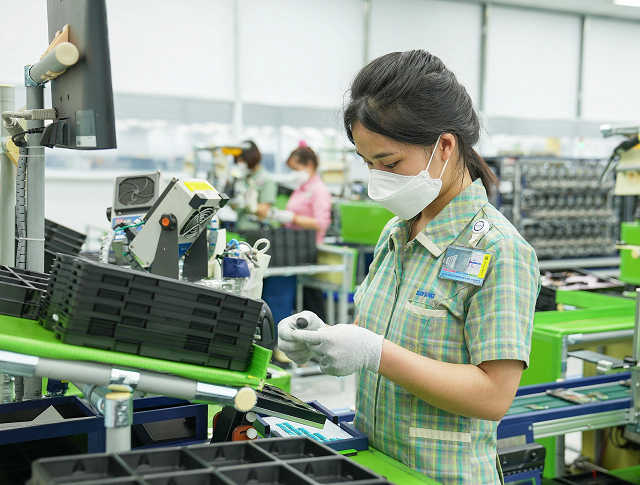
When the Trump administration first imposed tariffs on specific products manufactured in China in 2018 (such as solar panels and washing machines), they did not encourage companies to bring production back to the US. Instead, manufacturing simply shifted to Vietnam and other Asian countries like Thailand, Malaysia, and India. Nonetheless, Vietnam’s GDP has grown faster than any of its Asian neighbors, except China, averaging 6.2% annually.
By May 2020, Apple began moving its AirPods production from China to Vietnam. A few months later, Foxconn was reported to have started transferring some iPad and MacBook assembly operations to Vietnam at Apple’s request. Apple has also shifted some production to India.
Statistics from the US International Trade Commission show that during 2018-2019, electronics imports from Vietnam nearly doubled. A 2023 World Bank report indicated that in the 2017-2022 period, the number of products manufactured in China, from sewing machines to laser printers, imported into the US decreased, while the share of products made in Vietnam increased correspondingly.
“It [Vietnam] is one of the countries that has succeeded in taking advantage of the US-China tariffs, in terms of gaining access to the US, at least in the early years of the trade war,” said Pablo Fajgelbaum, a professor of economics at the University of California, Los Angeles, to Forbes. “Vietnam has also increased its exports to the rest of the world,” Fajgelbaum added. He predicts that if there is a tariff gap between Vietnam and China, companies will continue to relocate their factories there.
Recently, Maersk announced the opening of its first bonded warehouse in northern Vietnam—a facility where goods can be stored before paying duties—in the Hai Phong port area, with Amazon Vietnam as its first customer. Lego, the iconic Danish toy manufacturer, also revealed that its new $1 billion factory in Binh Duong is almost complete and will be operational by early next year.
Vietnam also has a friendly relationship with Trump himself. In early October, Eric Trump, the President-elect’s son and Executive Vice President of The Trump Organization, announced a $1.5 billion development project, including a five-star hotel and golf course, in a province outside Hanoi.
“Vietnam has tremendous potential for high-end hospitality and entertainment, and we are thrilled to be working with this wonderful family to redefine luxury in the region,” Eric Trump said at the time, referring to their Vietnamese partners.
Domestic investors also see tremendous opportunities. Michael Kokalari, Chief Economist at Vina Capital—one of the largest investment firms in Vietnam with $3.7 billion in assets under management—told Forbes that he believes all these trends will create a demand for logistics and clean energy companies while helping to grow Vietnam’s middle class.
Just as companies once shifted production to China, Trump’s tariffs will only accelerate the move to Vietnam. Regardless, the ship has already sailed.
“Securities Industries Unite: Vietnam and China Strengthen Ties with Information Sharing Agreement”
The Chairman of the Vietnam Securities Commission (VSC) drew parallels between the country’s securities regulatory body and that of China, emphasizing the need for more frequent exchanges to foster shared learning and growth.

